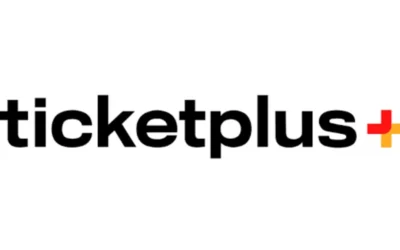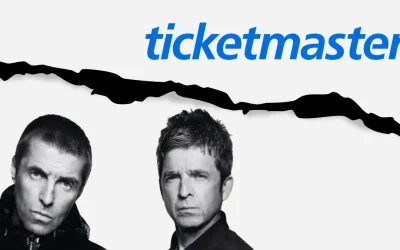This story was corrected at 9:30 a.m. EDT on Monday, November 15, 2010.
The Minnesota Twins, coming off a successful inaugural season at Target Field, have begun taking tickets away from some ticket brokers in what they say is an effort to provide more tickets to fans.
Resellers who the team can identify are now permitted to buy only four full season tickets for 2011. The change in policy, which the team spelled out in a letter to season ticket holders this month — without specifically calling out brokers — has angered some brokers. They told TicketNews that the policy is unfair, and that in many cases, they were urged to buy more season tickets when the team moved into Target Field, after they showed loyalty to the team by buying seasons for several years at the Metrodome.
“In good times, they want to take away your tickets, but in bad times they’ll try to sell you as many tickets as you’ll buy,” one New Jersey-based broker told TicketNews, whose sentiments were echoed by other resellers. “It seems like ticket brokers are the first ones they prey on.”
Twins spokesperson Chris Iles told TicketNews that while the team can appreciate brokers’ unhappiness, the team’s first priority is to regular fans and families who are looking for affordable entertainment opportunities.
“We saw a lot of ticket scalping going on last year, and we wanted to make sure fans could obtain tickets at affordable prices,” Iles said, adding that the team is not against ticket resale — Major League Baseball has a ticket resale deal with StubHub — but it wanted to recapture more of its inventory to sell directly to fans. “This is the team’s effort to limit that.”
Steve Smith, the Twins’ vice president of ticket sales and service, wrote the letter and asked season ticket holders with more than four seats to choose which ones they wanted to keep. Season ticket holders had until today, November 12, to decide which four seats they wanted to keep.
“The Twins’ ticket sale policy reflects the organization’s desire to make Target Field Twins’ tickets available at reasonable prices so that baseball fans will be able to access Twins’ home games as an affordable entertainment vehicle that may be enjoyed on a regular basis,” Smith wrote. “Fan loyalty is extremely important to the Twins and the Twins are dedicated to trying to reciprocate that loyalty with ticket sales policies that make entry to Target Field an enjoyable and affordable experience.”
For 2010, the team limited the number of season ticket sales to 25,000. The number for 2011 has not yet been set, but could be about the same. The stadium seats 39,504, and Iles said almost all of the team’s home games were sold out in 2010. On the resale market, Twins tickets were solid money makers for many brokers, not only because the team won the AL Central division and made the playoffs, but primarily because the team was playing outdoors again for the first time in decades, making Twins games a popular evening out.
“The team’s bread and butter is families, and we want to be the most accessible to them,” Iles said. “To the extent that we can help them afford going to a game, we will do our best to accommodate them.”



